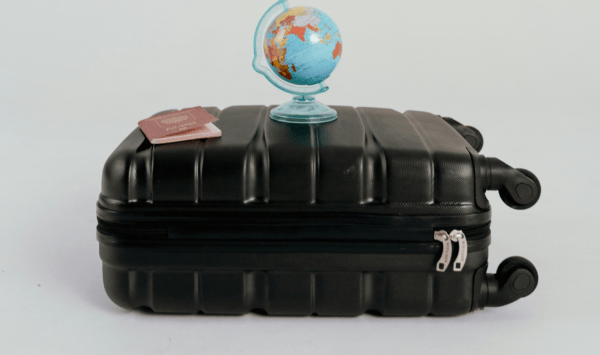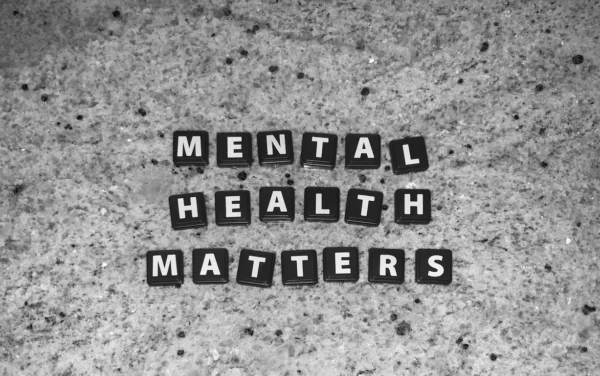
Is Egg Freezing Right for You? 7 Key Factors to Consider

Thinking about egg freezing? You’re not alone. More people are exploring this option as a way to keep future family planning flexible. Whether you’re focused on your career, haven’t found the right partner, or just want to give yourself more choices, egg freezing can be an empowering decision. But how do you know if it’s the right move for you? It’s a personal choice with plenty to consider, and understanding the key factors can help you make an informed decision with confidence.
1. Your Age and Fertility Health
Age is one of the most important considerations when it comes to egg freezing with https://eggfreezing.com.au/. While you can technically freeze your eggs at any age before menopause, success rates are higher when you do it earlier. Why? Egg quality and quantity naturally decline with age, especially after 35. Freezing eggs in your late 20s to early 30s tends to yield better results, but if you’re older, it’s still worth discussing options with a fertility specialist. They can assess your ovarian reserve through simple tests like an AMH blood test or an ultrasound to give you a clearer picture of where you stand.
2. Your Personal and Professional Goals
Life doesn’t always follow a set timeline. Maybe you’re focusing on your career, travelling, or just not ready to start a family. Egg freezing can give you peace of mind by preserving your fertility while you prioritise other goals. It’s not about putting pressure on yourself to have kids by a certain age—it’s about having options. If your current focus is personal growth or achieving career milestones, egg freezing might align perfectly with those plans.

3. Financial Considerations
Let’s talk costs. Egg freezing isn’t cheap, and it’s important to understand the financial commitment involved. There are several components to consider: the procedure itself, medications, egg storage fees, and later, if you decide to use them, the costs of IVF. Some people fund the process through savings, loans, or employer benefits, so it’s worth checking if your workplace offers fertility coverage. While the upfront expense can be significant, many find the investment worthwhile for the future peace of mind it brings.
4. The Emotional Journey
Egg freezing is as much an emotional decision as it is a physical one. The process involves multiple clinic visits, hormone injections, and an egg retrieval procedure. Emotionally, it can be a rollercoaster—hopeful, empowering, but sometimes overwhelming. Support is key. Talking to friends, family, or a counsellor can help you process your feelings and manage expectations. Remember, it’s okay to have mixed emotions; what matters is that you feel supported and informed every step of the way.
5. Understanding the Process and Timeline
Curious about what the egg freezing process actually involves? It typically starts with a consultation, followed by hormone injections to stimulate your ovaries over a couple of weeks. These medications encourage your body to produce multiple eggs rather than the single egg it typically releases each cycle. During this time, you’ll have regular monitoring appointments. Once your eggs are ready, a doctor will retrieve them in a minor procedure under sedation. The whole process usually takes about two to three weeks, and many people return to work the next day after retrieval. Knowing what to expect can make the experience smoother and less stressful.
6. Success Rates and Realistic Expectations
While egg freezing is an amazing technology, it’s important to keep your expectations grounded. Success rates depend on factors like age at the time of freezing and the number of eggs retrieved. Freezing eggs at a younger age generally improves the odds of a future pregnancy, but there are no guarantees. Discussing success rates with your fertility specialist can provide a clearer understanding of your individual chances. Having realistic expectations helps you approach the process with optimism while staying informed.
7. Your Future Family Plans
Egg freezing is ultimately about giving yourself choices for the future. Are you hoping to have children in the next few years, or are you unsure? Egg freezing can be a valuable option if you’re not ready now but want to keep the possibility open. It’s not a commitment to have children—it’s simply preserving the option. Thinking about how family fits into your future goals can help guide your decision.
Why More People Are Considering Egg Freezing
Egg freezing has become increasingly popular in recent years—and for good reason. It’s not just about delaying parenthood; it’s about having autonomy over your reproductive choices. Many people find comfort in knowing they have taken a proactive step toward future family planning. Advances in technology have improved success rates, making the option more accessible and effective than ever before. And with shifting societal norms, the decision to freeze your eggs is becoming less about “if” and more about “when.”
Moving Toward Your Decision
Choosing whether to freeze your eggs is deeply personal. There’s no one-size-fits-all answer, and that’s okay. Take your time, gather information, and consult with healthcare professionals to understand what’s best for you. Whether you decide to move forward with egg freezing or not, the most important thing is that you feel confident in your choice. You deserve options that align with your goals, values, and future plans.













































